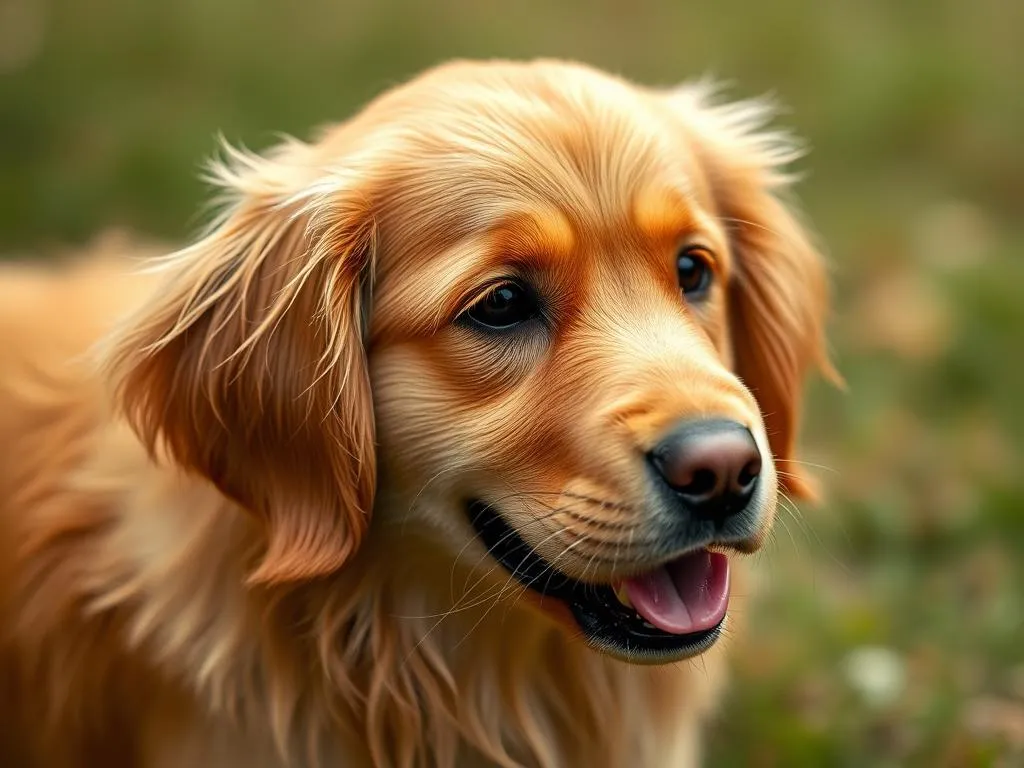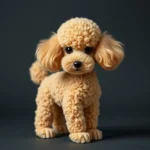
Introduction
When it comes to choosing a companion, dog breeds play a crucial role in determining the right fit for your lifestyle. Among the myriad of breeds available, the miniature golden retriever stands out as a unique and delightful option. This smaller version of the beloved Golden Retriever combines the same friendly nature and intelligence but in a more compact size, making them suitable for various living situations. This article dives deep into the world of miniature golden retrievers, exploring their characteristics, care requirements, and how they fit into different lifestyles.
Understanding Dog Breeds
Definition of Dog Breeds
A dog breed is defined by a specific set of characteristics and traits that are genetically inherited. These can include physical attributes, such as size and coat type, as well as behavioral tendencies. Breeds are classified into categories including purebred and mixed breed, each possessing unique qualities that appeal to different dog lovers.
Importance of Breed Characteristics
Understanding breed characteristics is essential as they can significantly impact a dog’s behavior, size, and care needs. For instance, the miniature golden retriever, with its smaller stature, may require different living conditions and exercise routines compared to its larger counterpart. Recognizing these traits helps potential owners choose a breed that aligns with their lifestyle and home environment.
Miniature Golden Retriever: Overview
History and Origin
The miniature golden retriever is a relatively modern breed, developed to offer a smaller version of the traditional Golden Retriever. Breeders aimed to create a dog that retained the Golden Retriever’s friendly disposition and intelligence but was more manageable in size. This breed is typically a mix of Golden Retrievers and smaller breeds like the Cocker Spaniel or Poodle, leading to their unique characteristics.
Physical Characteristics
In terms of size, the miniature golden retriever typically weighs between 20 to 45 pounds and stands about 14 to 18 inches tall at the shoulder. Their coat is soft and dense, resembling that of standard Golden Retrievers, often exhibiting shades of gold, cream, or red. Unique features include floppy ears and expressive eyes that contribute to their charming appearance and endearing nature.
Temperament and Behavior
General Temperament
The miniature golden retriever is known for its friendly and sociable temperament, making them excellent companions. They are affectionate and often form strong bonds with their families. Compared to other breeds, they are generally more adaptable, thriving in various environments and getting along well with children and other pets.
Intelligence and Trainability
This breed is highly intelligent, ranking among the top breeds for trainability. They respond well to positive reinforcement techniques and enjoy learning new commands and tricks. Their eagerness to please their owners makes training a rewarding experience, whether you are teaching basic obedience or advanced skills.
Interaction with Family and Other Pets
Miniature golden retrievers are known for their gentle and friendly nature, making them great family pets. They usually get along well with children, showing patience and affection. Their sociable demeanor extends to other animals, making them a suitable choice for households with multiple pets. Early socialization is key to fostering these positive interactions.
Health Considerations
Common Health Issues
Like all breeds, the miniature golden retriever is prone to certain health conditions. Common issues include hip dysplasia, elbow dysplasia, and certain heart conditions. Regular veterinary check-ups and screenings can help catch these problems early.
Preventive Care
Preventive care is essential for maintaining your dog’s health. Regular vaccinations, parasite control, and health screenings are vital for a long and healthy life. Owners should also be proactive in monitoring their dog’s weight and overall health.
Lifespan
The typical lifespan of a miniature golden retriever ranges between 12 to 15 years, which is similar to that of standard Golden Retrievers. With proper care, nutrition, and veterinary attention, many can live well into their teens.
Care and Maintenance
Grooming Needs
Grooming is an essential aspect of caring for a miniature golden retriever. Their coat requires regular brushing to prevent matting and control shedding. A good brushing session once or twice a week is usually sufficient, while more frequent grooming may be needed during shedding seasons. Bathing should occur as needed, typically every few months or when they get particularly dirty.
Exercise Requirements
Daily exercise is crucial for maintaining the health and happiness of a miniature golden retriever. They require at least 30 to 60 minutes of physical activity each day. Activities can include walks, playtime in the yard, or engaging in dog sports like agility or fetch. Keeping them mentally stimulated is equally important, so consider incorporating interactive toys or puzzle games into their routine.
Nutrition and Diet
A balanced diet is vital for the overall health of a miniature golden retriever. High-quality dog food that meets their nutritional needs should be chosen, focusing on the right balance of proteins, fats, and carbohydrates. Portion control is essential to prevent obesity, which some miniature breeds are prone to. Consult with your veterinarian to determine the best diet plan for your dog’s age, size, and activity level.
Ideal Living Conditions
Best Living Environments
The miniature golden retriever is versatile when it comes to living environments. They can adapt well to both apartment living and homes with yards. However, they thrive best in environments where they have space to play and explore. Regular outdoor access is important for their physical and mental well-being.
Family Dynamics
These dogs are particularly well-suited for family settings, especially those with children. Their gentle and affectionate nature makes them ideal companions for kids. Additionally, they can also fit well in single-person households, offering companionship and loyalty.
Socialization Needs
Socialization is crucial for a well-rounded miniature golden retriever. Early exposure to various people, pets, and environments helps develop their social skills and reduces the likelihood of behavioral issues. Regular trips to parks, dog-friendly events, and playdates with other dogs can enhance their socialization experiences.
Training Tips
Basic Training Techniques
Using positive reinforcement is the most effective training method for the miniature golden retriever. This can include treats, praise, and playtime as rewards for good behavior. Starting training early helps establish good habits and strengthens the bond between the dog and owner.
Socialization Strategies
To socialize a miniature golden retriever, introduce them to different environments, people, and other animals gradually. Puppy classes, dog parks, and social outings can help them become more comfortable in various situations. Always supervise interactions to ensure they are positive experiences.
Advanced Training Opportunities
Engaging in advanced training can be beneficial for both the dog and owner. Activities such as agility training, obedience competitions, or therapy dog certification can provide mental stimulation and strengthen the bond between you and your miniature golden retriever. These training opportunities can also enhance their social skills and confidence.
Adoption and Purchase Considerations
Finding a Reputable Breeder
If you decide to purchase a miniature golden retriever, it’s vital to find a reputable breeder. Look for breeders who prioritize health testing and breed standards. Key questions to ask include inquiries about the puppy’s health history, socialization practices, and the conditions in which the puppies are raised. Be wary of red flags such as overly eager sellers or those who cannot provide health clearances.
Adoption Opportunities
Consider adopting a miniature golden retriever from a shelter or rescue organization. Various groups specialize in retrievers and may have miniature versions available. Adoption can provide a loving home to a dog in need and often comes with lower initial costs compared to purchasing from a breeder.
Cost of Ownership
The cost of owning a miniature golden retriever extends beyond the initial purchase or adoption fee. Consider ongoing expenses such as food, grooming, veterinary care, training, and supplies. Budgeting for these costs ensures that you can provide the best care for your furry companion.
Conclusion
In summary, the miniature golden retriever is an outstanding breed that combines friendliness, intelligence, and adaptability. Their manageable size makes them suitable for various living situations, while their affectionate nature makes them great family pets. Understanding their needs—ranging from health care to exercise and training—ensures a happy and fulfilling life for both you and your dog. If you’re considering adding a miniature golden retriever to your family, take the time to assess your lifestyle and compatibility with this wonderful breed.









